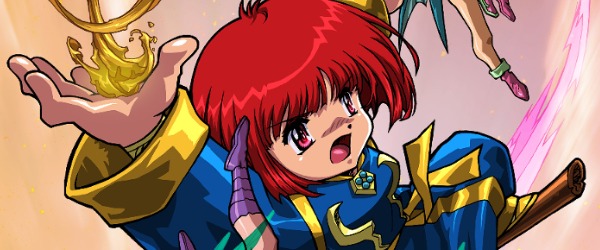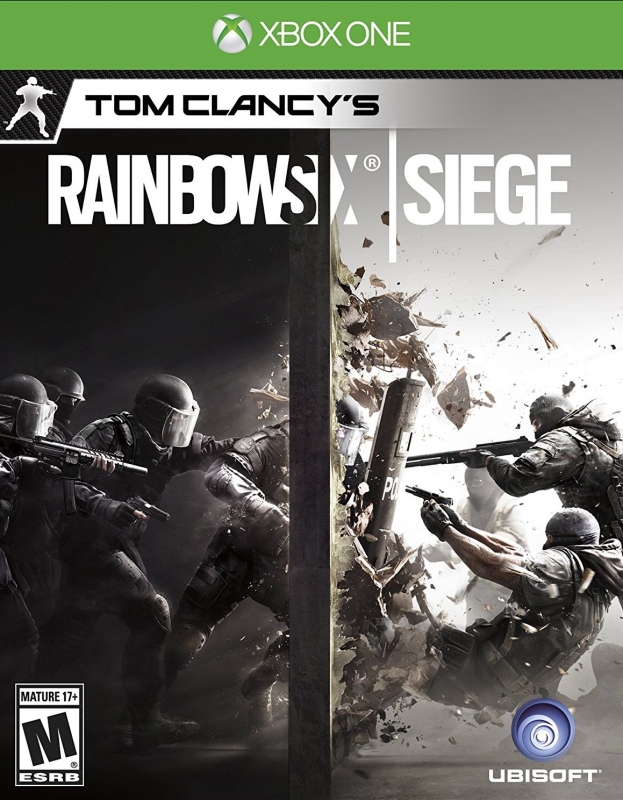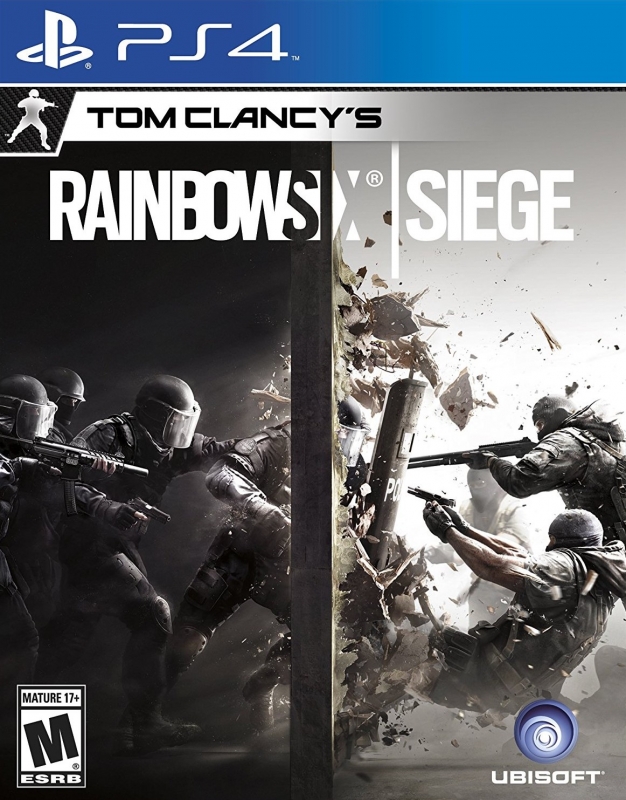
The Problem With the 'Live Services' Model - Article
by Taneli Palola , posted on 30 April 2018 / 9,240 ViewsRemember when World of Warcraft exploded in popularity in 2004 and basically became the biggest game in the world? Or when Call of Duty 4: Modern Warfare made the franchise the biggest FPS series in the market? Or when music games became massive in the wake of Guitar Hero's release? And remember how following all of these things every other big publisher began to frantically put together their own version of the big, new, popular game? How well did that work out for most of those games trying to catch up to the market leader? You might notice that a lot of them aren't around anymore.
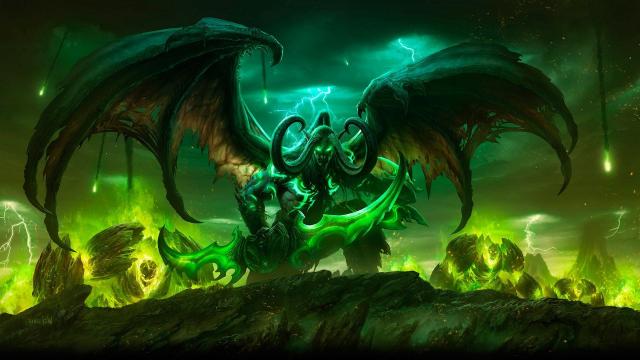
MMOs were everywhere for several years, each new hopeful trying desperately to become the next WoW, all failing to realize that there already was one. Similarly, for a while every FPS was trying to be like CoD, but again, there already was one. At one point everyone was trying to make the next Grand Theft Auto after that series became the biggest thing in the industry, once again just missing the tiny detail of there already being one. Notice a pattern emerging here?
The entire history of video games is littered with the graves of games that were made with the sole intention of doing the same thing that someone else found great success with. The mid-to-late 2000s saw a plethora of MMORPGs come up to try and wrest away the throne from World of Warcraft, and outside of a few rare exceptions they died within two years of launch. The same pattern has repeated itself countless times already, and right now I see a new cycle beginning in the near future.
The 'Live Services' Model
In a recent financial presentation, Ubisoft laid down its plans for the future of its video games. In it the publisher essentially called 'games' the past, and 'live services' the future. The goal is no longer to make games, not really. What Ubisoft is striving to do now is to create platforms upon which to build services it can sell to people. Simply put, Ubisoft's business model is no longer about selling as many copies of video games as possible, but about getting people to spend money to buy stuff within the games themselves.
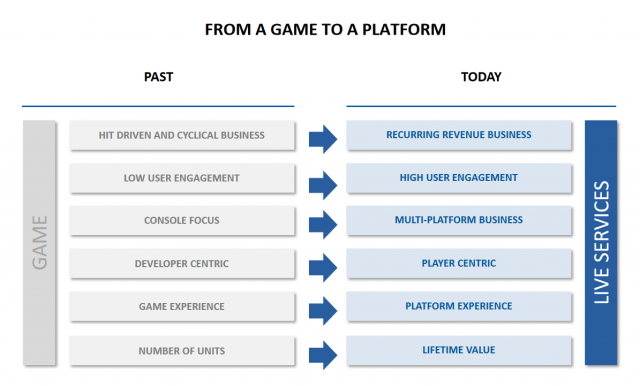
Right now, the new dominating trend within the industry is not a specific genre or type of game, it's a marketing model within a variety of different games. Every publisher, it seems, wants its own 'Live Service' platform that it can just bolt a massive amount of additional content onto which people can then buy after they've already bought the game itself.
As Ubisoft put it, it's no longer a matter of how many copies of a game are sold, but for how long people keep playing the same game. Essentially, instead of video games as a hobby, it's a hobby as a video game. Thus was born the idea of 'games as service', or 'live services', as they are now being called by publishers in an attempt to jettison the negative connotations of the former.
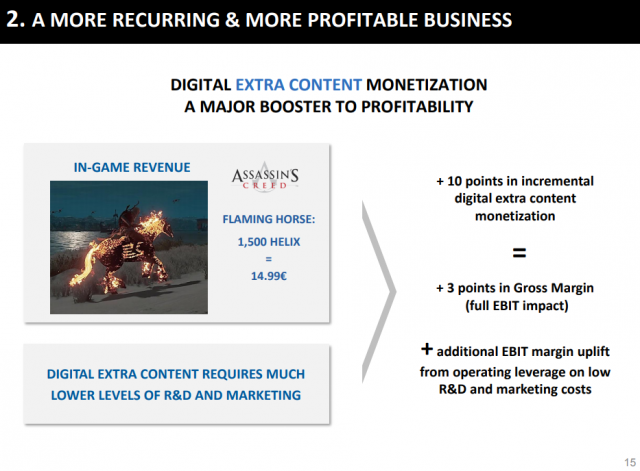
What has brought about this desire to turn games into platforms that keep people coming back to for - potentially at any rate - years? The same thing that led to the influx of MMORPGs in the wake of World of Warcraft. Every publisher has noticed the amount of money so-called 'lifestyle' games are making (i.e. games that people devote the vast majority of their playtime to, and on which they spend much of their gaming budget).
Games like Overwatch, PUBG, Rainbow Six: Siege, and many more have made massive amounts of money through players spending money to buy content within the game, in addition to paying money to acquire said games in the first place, so naturally everyone wants their share of this new and highly lucrative business model.

One massive strand of this has been the recent surge of battle royale-type games. I've already mentioned PUBG, but that was just the start. Fortnite was soon to follow, and once both games essentially became the two biggest new titles on the market, everyone wanted to quickly put together their own battle royale game and cash-in on the fad while they could. This led to an influx of battle royale video games being announced and quickly appearing on almost every platform imaginable.
Just recently there were even rumours that DICE was testing a battle royale-type mode for Battlefield V, and you can bet that every single big publisher is at the very least toying with the idea of attaching one of its big IPs to a battle royale-style game. Some of them might have a chance of taking off just based on their name value alone, but most will likely die a miserable death a few months after release.
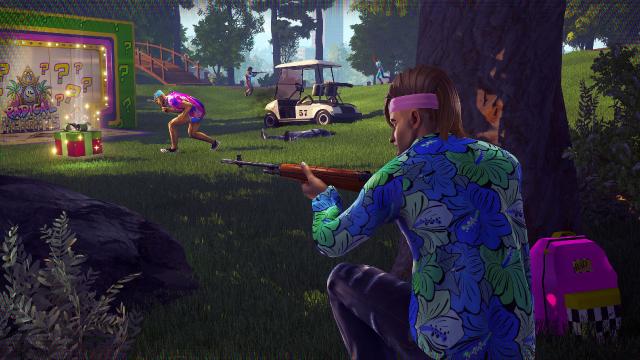
Here's the main issue with this line of thinking, though. When every publisher starts putting out its own games that each demand players devote a massive amount of time to them, there simply isn't going to be enough room for all of them to succeed, or even survive. Just talking about the battle royale games - how many of them do you honestly believe are going to be able to thrive in an environment where PUBG and Fortnite are drowning out the competition?
What developers and publishers seem, time after time, to fail to realize is that by the time the titles that were late to jump on the bandwagon come out most people have already chosen their preferred title and are unlikely to migrate to a different one. After all, the one they're already playing has the playerbase, the history, and often a large personal financial investment in added content, not to mention the fact that the established titles have had time to iron out the issues that will inevitably arise in games like these early on.
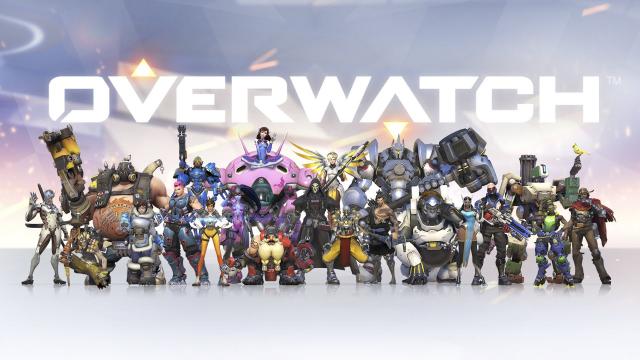
The only incentive would be to just see the shiny new toy, but as we've seen countless times with games that have tried to find success by copying the likes of World of Warcraft or Call of Duty, most players will eventually just return back to the titles they've already spent hundreds of hours on. The vast majority of people just do not have the time to dedicate themselves to more than one, or maybe two, of these massive time sinks. There's a reason why Overwatch is one of the biggest games around while Battleborn and Lawbreakers are on life support.
From the very beginning the video game industry has often been about chasing the most recent fads to make a quick profit before moving on to the next one. All the way back in the 1970s when Atari's Pong became the first true video game success story, literally dozens of copycats sprang up in rapid succession. Since then the industry has been repeating this same cycle over and over again, driving each new trend into the ground and in the process killing that particular game type or genre for all but the few lucky exceptions that had the foresight to get onboard early.

In my eyes, the Live Services model is just the latest in a long line of examples of video game companies only focusing on short-term profits. Microtransactions and lootboxes already backfired on big publishers in 2017, and I predict that in a few years' time almost every game using this particular business model will no longer be around. Naturally, as is always the case, there are going to be a handful of successes amidst the sea of failures. This industry unfortunately has a tendency to forget the failures, however, and so when the next big thing hits the market this cycle will begin all over again.
The Live Services or Games as Service models may not be a genre in the traditional sense, but they're no less susceptible to the fatigue and oversaturation than MMOs, music games, or modern military shooters. Whether it's a game like Fortnite, Destiny 2, the upcoming Anthem, or Overwatch, they all ultimately ask the same thing from players: to spend hundreds of hours and several years of their time grinding through variations of the same task to make progress within the game, either to develop their characters or get better in-game items or cosmetics. For most people just one game like that is more than enough at any time.

This bubble is going to burst sooner or later. We've perhaps not quite yet reached the saturation point, but it's coming closer with every new title that uses this model. Ubisoft is working on a sequel to The Division, EA has Anthem lined up early next year, and numerous other publishers are working on their own Live Service games as well. Eventually we'll get to a point where most of these games will not have enough players around to support them, and when that happens we can look forward to games shutting down, lay-offs at various companies, developer closures, and ultimately, excuses for why it happened.
The video game industry has a long history of not learning from its past mistakes, and this time looks to be no different. Hopefully I'm wrong about this, but I foresee the Live Services model as just another temporary boon that will eventually lead to disaster for many developers and publishers trying to cash in on the success of others in the industry. It's nothing but a temporary bandage that masks the real underlying issues surrounding the industry and the constant rising costs of game development.
What do you think? Is this business model sustainable in the long run in your opinion? Are you planning on supporting more than one of these games in the long term? Let me know in the comments below, and as always thanks for reading.
More Articles
Spot on. Most gamers only have so much time to dedicate to gaming. Life always gets in the way, so typically it's just one game every couple months to immerse yourself into until you'r bored and something else comes out.
I wouldn't mind if we kept getting new MMO's. Problem is we don't, too much money in the ones we have. So no Diablo or Starcraft MMO even, just the same Warcraft year after year, not even a Warcraft 2 version...









